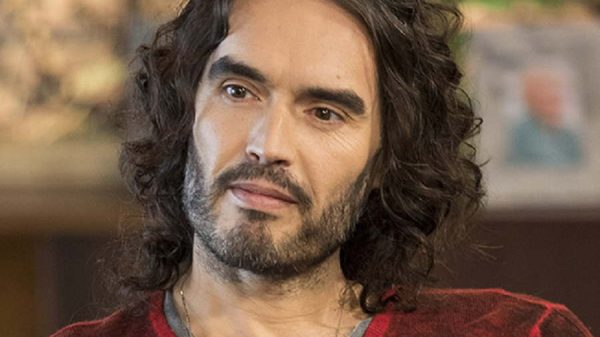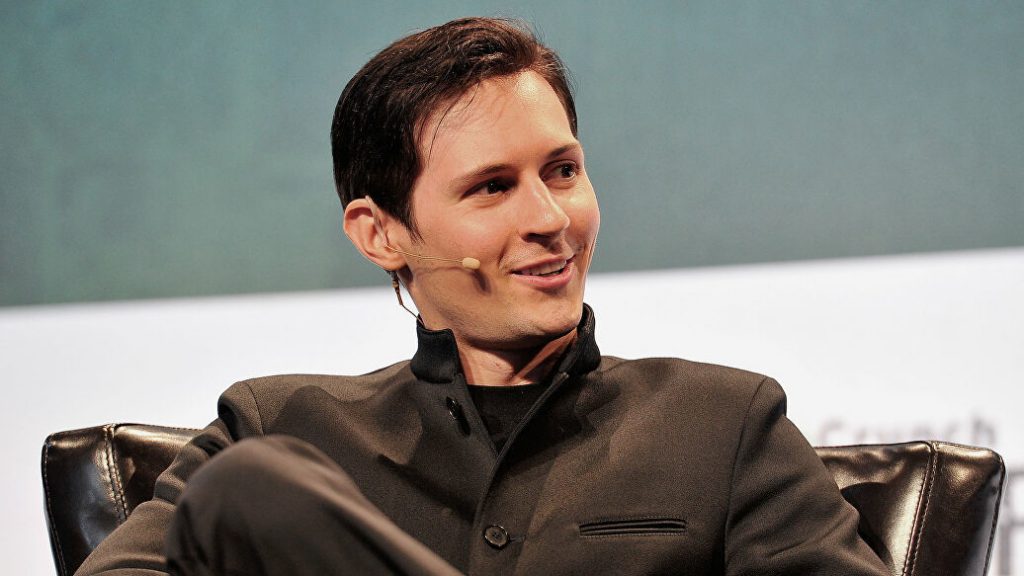The news that Telegram Group Inc., which owns the Telegram messenger, reportedly aims to attract at least $ 1bn through the placement of bonds among a limited circle of international investors, according to Russia’s newspaper Kommersant, put yet more spotlight on the rising messenger and on its mysterious founder Pavel Durov. If Telegram decides to IPO within five years, bondholders will be able to convert debt into shares at a 10% discount to the offering price thus letting them take a portion of the swiftly growing tech marvel that is now owned in entirety by its creator.
There is indeed much to place one’s bets on. Durov’s Telegram is seeing its userbase rise at pace: in January 2021, it reported reaching 500 million users, a number that apparently continues to grow at an accelerated pace.
Over the past few years, Telegram has rapidly gained popularity, largely due to a consistent policy aimed at preserving the confidentiality and inviolability of personal information about its users.
Amid scandals involving the transfer of personal information belonging to WhatsApp to its mother company Facebook, Telegram remained true to its principles. The platform offers a messaging function encrypted with Telegram’s self-developed MTProto Protocol. Encryption keys, which are split into parts so that they are never kept in the same place for extra security, are also exchanged when a secret chat is initiated. There are a number of other tech apps that can boast such a level of privacy, namely Signal, but Telegram was perhaps the first to tap into the mass influx of new users in the recent months.
US-based outlet The Bell recently reported, citing unnamed investors, that Durov had refused a generous offer from a number of Western funds to purchase up to 10% of Telegram’s shares at a price that would put its total value at a staggering $30bn. Taking up this offer would have made Durov become the wealthiest Russian entrepreneur listed on Forbes. Durov explained that his decision was in the interest of preserving independence of the resource from external participants. He presumably turned down approaches from Arabic investors for similar reasons
However, the success story of Telegram could have been much shorter, had Durov not received support from Alisher Usmanov, a well-known Russian entrepreneur and by that time a majority owner of Mail.ru Group, as well as his business partner Ivan Tavrin. Usmanov came to his aid when Durov found himself embroiled in a bitter tug-of-war over VKontakte (VK), the Russian-language equivalent of Facebook, seven years ago. That battle turned out to be pivotal for Telegram’s survival.
The young and talented manager Pavel Durov, the actual founder of the VK network, earned Usmanov’s attention from the very beginning, and Usmanov even nicknamed him “the Prince of the Internet”. At certain stage, Usmanov made it possible for Mail.ru group, one of the major owners of VK, to hand Durov the voting rights to its stake, although Durov owned only 12% of VK shares.
Usmanov’s business partner Ivan Tavrin, another shareholder of VK, always spoke highly of Usmanov’s leadership style and his relations with the heads of the divisions under his control. Relations are always based on trust, he said, while Usmanov practically does not interfere in the management of his companies. This remained the case during his dealings alongside Durov, even during the worst moments of confrontation with more aggressive VK stakeholders.
The Uzbek-born Usmanov himself began his business career by producing plastic bags in the late 1980s, and by the early 2000s had become a metals and mining magnate. Bypassing a common wealth trajectory that led many Russian tycoons through the infamous “loans for shares” auctions – the privatization of former Soviet commodities assets – Usmanov instead went on to engage in a number of business ventures and trade, and with this capital paved the way to the top league. He later forayed into telecoms through acquiring Russia’s second largest mobile operator, MegaFon, and made significant investments into Internet unicorns. In 2010, Forbes described him as “the biggest Russian investor in the Internet”.
The support from Usmanov’s Mail.ru Group came at a moment when Durov found himself under a hard pressure from Ilya Scherbovich’s United Capital Partners (UCP) which secretly acquired 48% stake from two other VK co-founders, Viacheslav Mirilashvili and Lev Leviev, and was struggling for a majority control. One of the UCP’s pressure levers was that Telegram, the increasingly popular messenger that Durov had founded with his elder brother, programmer Nikolai, in 2012, should belong to Vkontakte, as it was developed by VK’s employees.
In January 2014, in order to defend himself and Telegram, Durov sold his VK shares to Russia’s media manager and junior partner of Alisher Usmanov, Ivan Tavrin, who he has called his friend. With 52% combined Mail.ru Group’s and Tavrin’s stakes Usmanov could keep Durov remain as VK’s CEO, though not being the company’s shareholder anymore.
After one of his former business associates secretly sold American trademarks Telegram and Telegraph to UCP, Durov actually faced hijack-attempts from it. According to him, UCP “illegally gained access to American trading companies”, which owned the trademarks in the United States.
UCP sued Durov claiming Telegram should belong to Vkontakte. Durov replied with the counter-claim which was joined by Usmanov’s Mail.ru Group’s subsidiary Bullion Development owning VK’s 11,9%.
After months of hard negotiations the situation finally changed in Durov’s favour. Soon after, Mail.ru Group bought out UCP’s share in VK for $1.47 bn, and part of the deal was an end to the litigation over Telegram. This was a generous move, because Durov wasn’t a shareholder already by that time, and there was nothing for Mail.Ru Group to expect from him. As a result, UCP called off its lawsuit and Durov managed to keep his control over the messenger. Later, Durov said complimentary words to Mr Usmanov and both men kept good relationships.
After the owner of Telegram fled to the West, Usmanov reportedly tried to convince him to return, but Durov never changed his mind.
Now based in Dubai, he is looking to expand Telegram further, and it seems he has all chances to succeed.
























